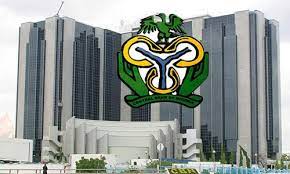The return of cash scarcity in Nigeria has left many residents struggling to meet their financial needs as banks across the country ration withdrawals and Automated Teller Machines (ATMs) remain largely cashless.
As frustration mounts, Point of Sale (POS) operators have become the primary source of cash for millions of Nigerians but their services now come at a significantly higher cost.
Investigation reveals that several banks in the Federal Capital Territory (FCT) have failed to load their ATMs, while over-the-counter (OTC) cash withdrawals are limited to paltry sums. Reports from other states mirror this situation, with residents lamenting a worsening cash crunch.
With banks unable to meet cash demands, POS operators have stepped in, although at a greater price. Many have increased their service charges by 50 to 100 per cent, citing the exorbitant costs of sourcing cash.
“I have at least 11 accounts in different banks, yet it is almost impossible to raise ?200,000 right now. Some banks pay just ?5,000 or ?10,000 as their withdrawal limit. I can only give a maximum of ?2,000 per customer,” a POS operator at Police Signpost, Lugbe lamented.
In a bid to tackle the worsening scarcity, the CBN introduced dedicated phone numbers and email addresses for Nigerians to report difficulties in accessing cash.
A circular dated November 29, jointly signed by Acting Directors Solaja Olayemi (Currency Operations) and Isa-Olatinwo Aisha (Branch Operations), outlines measures aimed at improving cash availability.
CBN directed Deposit Money Banks (DMBs) to ensure efficient cash disbursement through both ATMs and OTC channels, warning of penalties for non-compliance.
Customers experiencing challenges are urged to report incidents with details such as the account name, bank name, transaction amount, and date.
The announcement follows earlier warnings from the apex bank, requiring banks to prioritize cash disbursements through ATMs and warning of penalties for non-compliance.
“Please refer to the various engagements and interventions from the Central Bank of Nigeria (CBN) on the above subject aimed at addressing efficient and optimal currency circulation in the economy.
“Email or send an email of the incident to the designated email address for the state in which the incident(s) occurred,” CBN said.





























